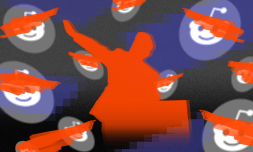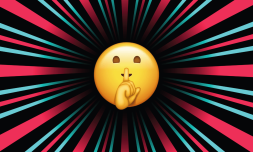Last week, the South Sudanese government imposed a social media ban in an effort to curb the circulation of violent content related to the ongoing violence against its nationals living in Sudan.
South Sudanese authorities gave a 30-day ban on social media to control ongoing tensions between South Sudan and Sudan’s government.
The social media ban was imposed after footage of South Sudanese nationals were shared on social media platforms being beaten, harassed, and having their business razed down in the neighboring Sudan.
The torturous videos and pictures from these incidents that have been doing rounds over the past weeks provoked anger within South Sudan. The South Sudanese government warned that the ongoing tensions will inevitably cause more violence along the border and affect thousands of citizens from the two nations.
Despite the government’s justification, human rights defenders staunchly opposed the notion of a ban. Skeptics argued that the restriction hindered citizens’ ability to share critical information during a crisis.
The online hiatus also prompted concerns from international watchdogs. Organizations like the Digital Rights Alliance Africa (DRAA) and Amnesty International called on the South Sudanese government to lift the restriction, urging authorities to investigate attacks on civilians and address issues without compromising fundamental rights.
Having originally planned to enforce the ban for a minimum of 30 days – and a maximum of 90 – the blackout was ended after five days of pressure drummed up within and beyond the continent.
Questions were immediately raised about the balance between national security and modern freedoms in a country such as South Sudan. While the government may have legitimate concerns about the spread of harmful content, blanket bans indicate a bleak, autocratic means of leadership.
National civil society groups now urge the two governments to engage in dialogue to find a more balanced and sustainable solution to the ongoing crisis. An increase to monitoring and regulation of social media platforms would be preferable to outright bans, but even this is contentious.
Similarly, public awareness campaigns could assist in combating misinformation and the spread of propaganda.
The National Communication Authority (NCA) Director, Mr. Napoleon Adok, previously attempted to placate citizens and human rights groups by stating that the ban would be lifted within 72 hours. His message did precisely the opposite.
Nonetheless, the people of South Sudan remain caught navigating the dual challenges of a volatile regional crisis and the ‘on and off’ restricted access to digital tools which connect them with the rest of the world.
Whether deliberate or not, partial outages are still being reported in regions across South Sudan. Will the nation’s government – and others – learn from the mistakes made here?

















